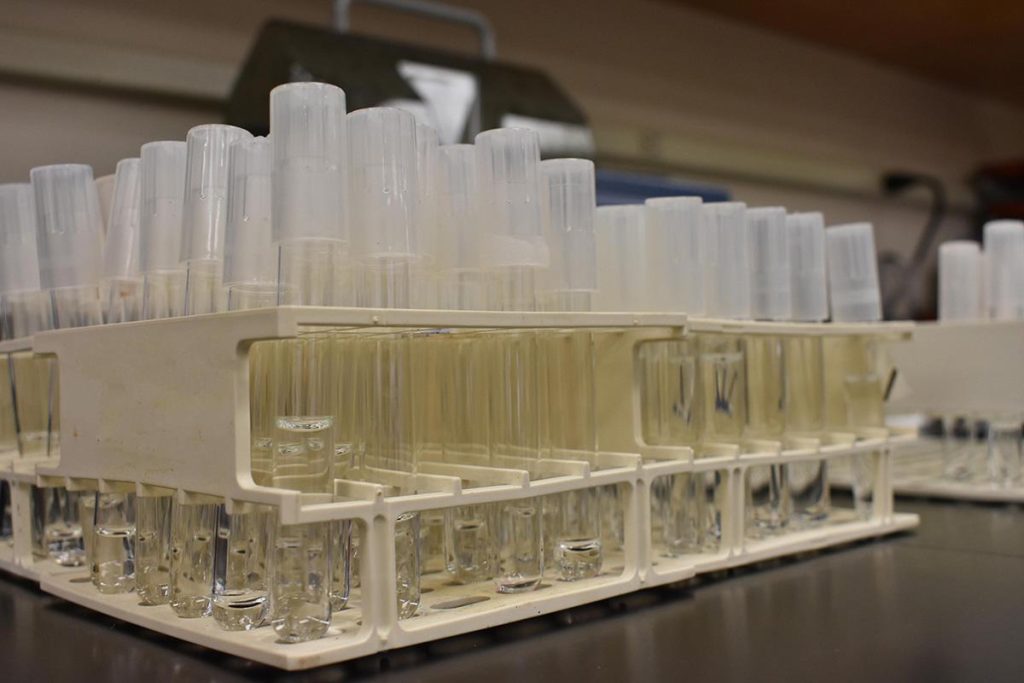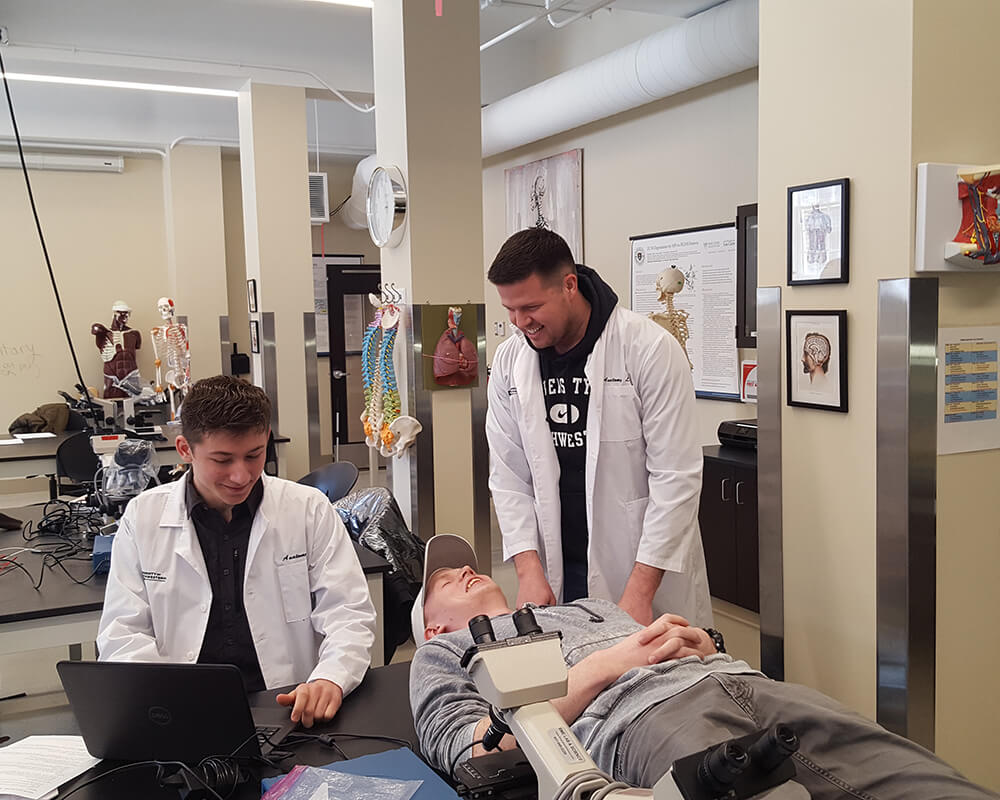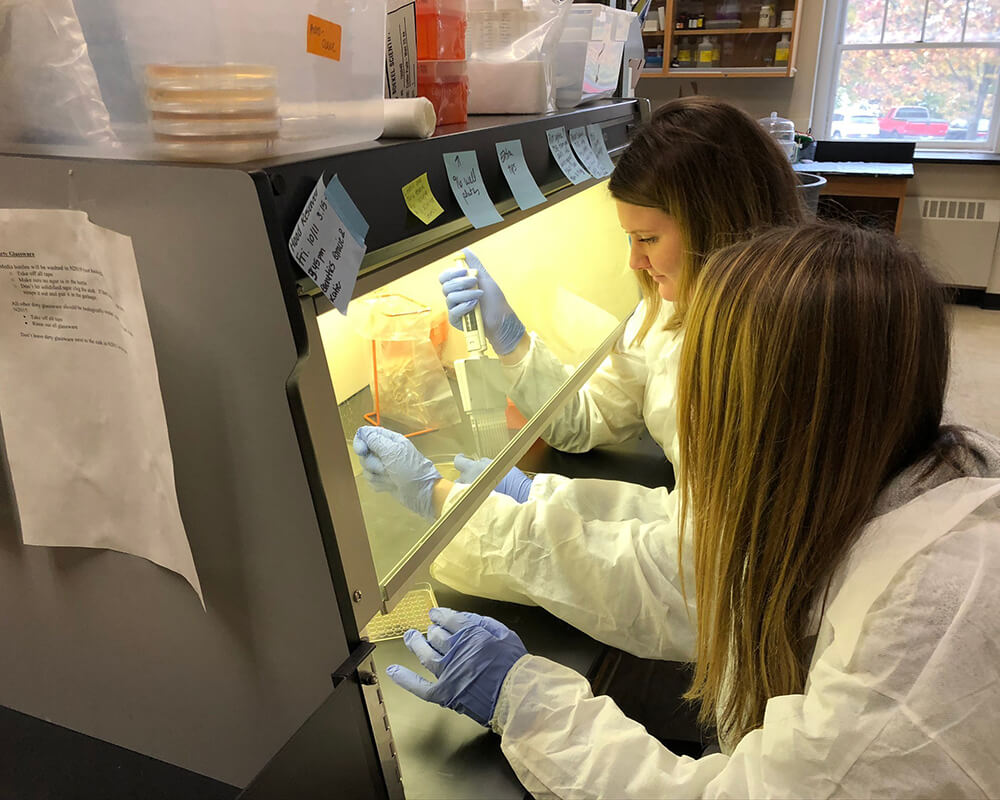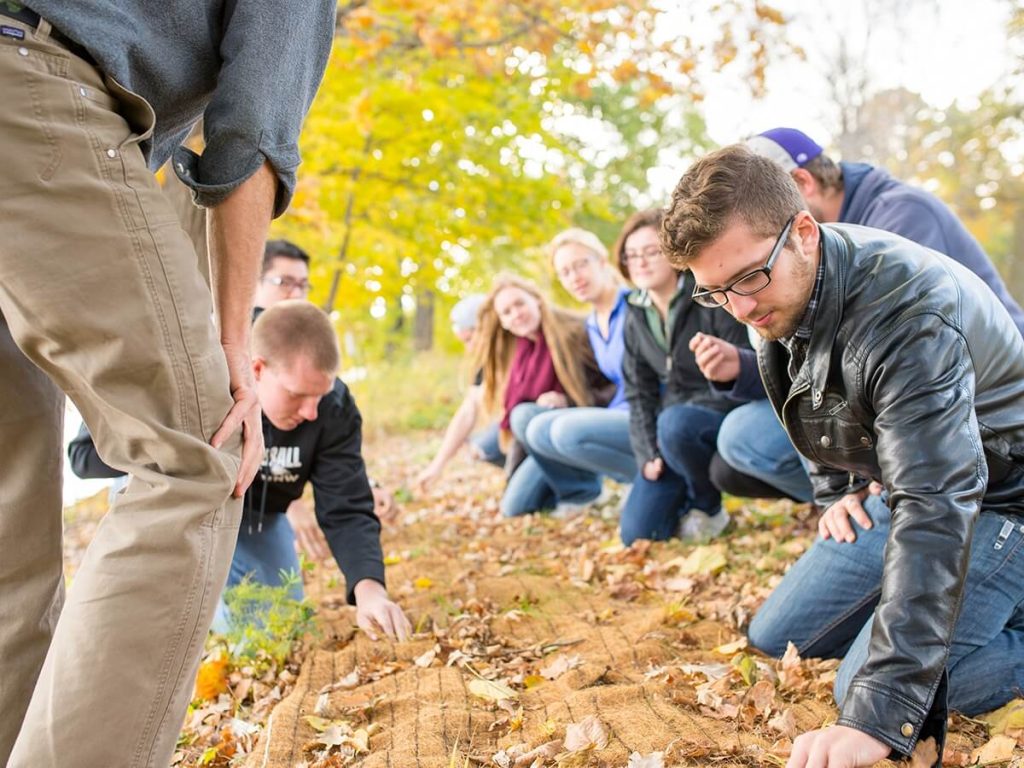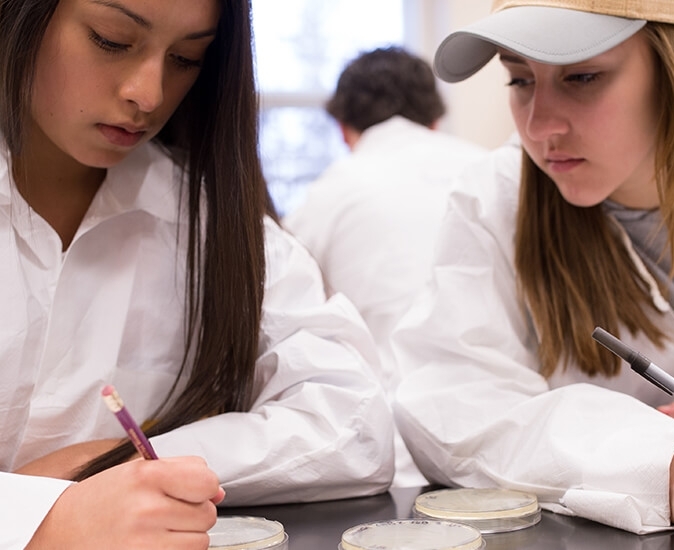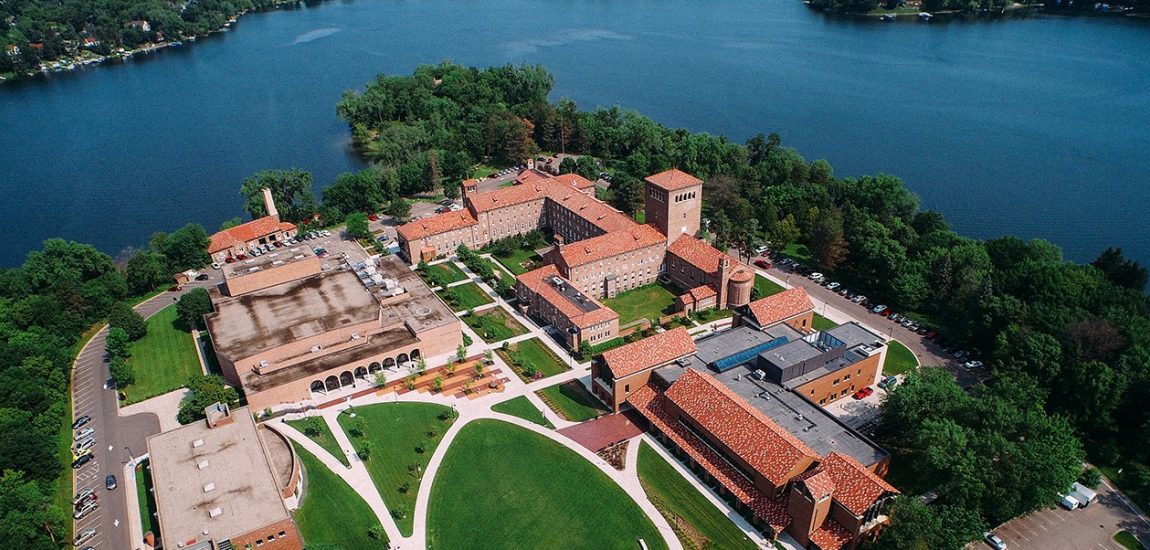What does science have to do with faith? Well, Eugene Wigner, a Nobel Prize winner in physics, claimed that physicalism (the material world is attributed solely to particles and forces) is not “logically consistent with present quantum mechanics, perhaps we should re-think a greater power such as God.”
In fact, science gives us excellent information about structures and processes, but cannot answer the fundamental questions regarding how the world is so. The scientific ontology that bases causation solely on the four forces (gravitational, electromagnetic, strong and weak nuclear forces) has left us with descriptions, but cannot answer the fundamental questions of the underlying reality of all things, as Albert Einstein said,
The real difficulty lies in the fact that physics is a kind of metaphysics; physics describes ‘reality.’ But we do not know what ‘reality’ is; we know it only by means of the physical description. -Albert Einstein (letter to Schrödinger, June 19, 1935)
At the University of Northwestern, we have taken the pursuit of God’s divine action in the natural world seriously. We have developed a renowned program in Science and Theology as a leader exploring science and theology from a Christian worldview at the undergraduate level. Our faculty have ongoing collaborations with The Ian Ramsey Center for Religion and Science at Oxford University, Harvard Divinity School, Yale Divinity School, University of Aberdeen, Scotland, and others. Students have the opportunity to work with faculty to explore the interface of contemporary science and their faith.
UNW has a long-standing collaboration with the Science and Theology Network of the Twin Cities involved in hosting regular forums, workshops and seminars in conjunction with the University of St. Thomas, local area seminaries and universities, including the Anselm House at the University of MN, as well as churches and the greater Twin Cities community.

Coursework and Research
Students can take coursework including Science and Theology, Metaphysics, and Ethics, and can opt for a Minor in Science and Theology that is designed to customize their interests in integrating their faith with any discipline in science, engineering, or mathematics. Students will work with internationally recognized professors on our faculty in coursework and research to expand their understanding of the God of creation.
Science and Theology Breakout Chapels and Student Forums
In addition to the rigors of coursework and research, students can engage more informally with contemporary questions and issues in Science and Theology at monthly Science and Theology Breakout Chapels (You can see the presentations here: Science and Theology at UNW. These chapels fulfill student chapel credit and are open to the public. Students, staff, faculty, and friends engage in respectful dialogue and discussion in such topics as Global Climate Change, Environmental Justice, Sustainability of Natural Resources, Natural Law and Causation, Theological Mathematics, God-World Relation, Divine Action, God and Scientific Mechanisms, Christology of Nature, and Nature’s Beauty.
Faculty from the Department of Biology and Biochemistry and the Department of Biblical and Theological Studies:
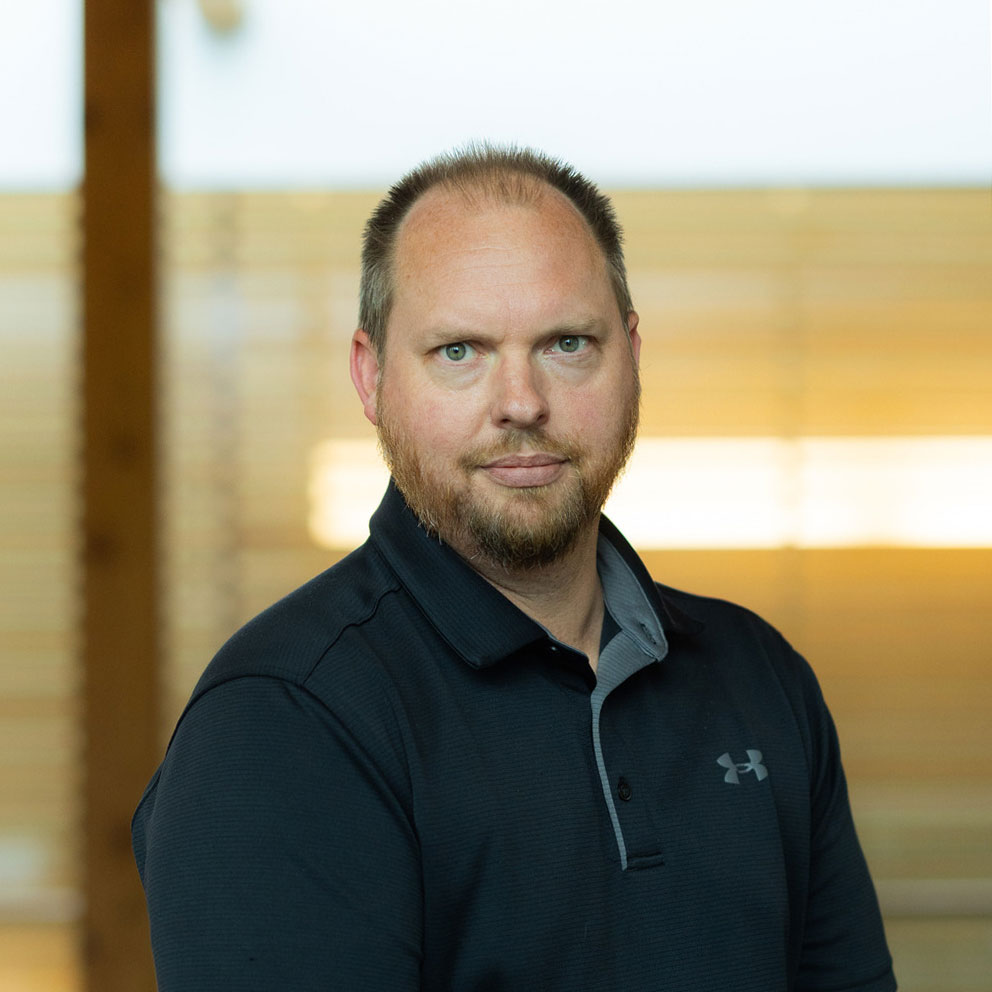
Dr. Dustin J. Van Hofwegen, Department of Biology and Biochemistry — Ph.D. Microbiology, Molecular Biology, and Biochemistry, University of Idaho.
Dr. Van Hofwegen is an internationally recognized scientist and scholar studying microbial genetics and bacterial pathogen virulence. After earning his Ph.D., he completed a postdoctoral fellowship at the National Institute of Allergy and Infectious Diseases, focusing on Yersinia pestis and the genetic elements behind its virulence. His research addresses the development of virulence, exploring its implications for both biology and theology, and contributes to a Christian and scientific understanding of the problem of evil. His lab has uncovered mechanisms of adaptation in response to changing environments, and he is frequently invited to speak at international conferences on science and faith, with his work published in top-tier academic journals like the Journal of Bacteriology, Journal of Physiology, and Epigenomics.

Dr. Brad Sickler, Department of Biblical and Theological Studies – PhD Purdue University in Philosophy, an MA in Christian Thought from Trinity Evangelical Divinity School, and a BS in Physics from university of Minnesota.
Dr. Sickler has long-standing interest in issues of causation and laws of nature, and has done work on related subjects like miracles, natural theology, and theistic arguments. He has also been working on philosophical and theological anthropology in light of the psychological sciences, and has a book on that subject coming out July of 2020 with Crossway entitled God on the Brain.

Dr. Walter Schultz, Department of Biblical and Theological Studies – PhD Philosophy (University of MN). Divine Action in Nature, Contingency of the Natural World, Metaphysics of Science.
